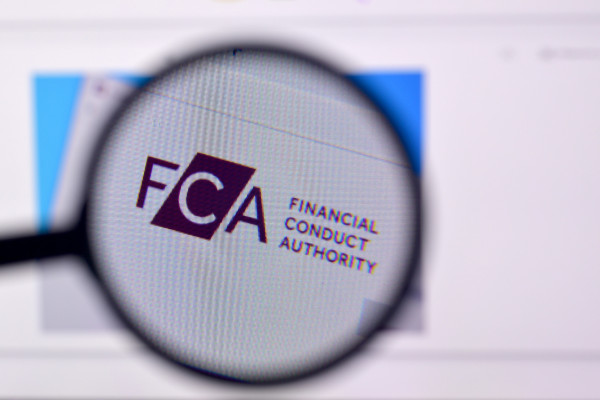

In its consumer investments data review published today (March 3), the Financial Conduct Authority said this was the same number it reported in its last review for the previous 12-month period, meaning the rate has effectively doubled.
The FCA did not refuse any applications during this period, meaning these nine firms either failed to complete their application or withdrew it once probed.
Phoenixing occurs when a firm winds-up and an individual connected with it re-opens under a new guise to avoid the liabilities of the old firm.
In some instances, individuals have set up and sought authorisation for a new firm before their existing firm starts to receive complaints about poor past advice – a practice known as lifeboating.
The FCA stated: "We are concerned that attempts to lifeboat are continuing despite strong messages that this is unacceptable. We are currently developing measures to deter this practice and ensure that our approach is sufficiently robust when we identify it."
The Financial Services Compensation Scheme said in September it had alerted the FCA to 412 phoenixing cases in 2021 alone.
Overall, the FCA said it stopped 32 new firm applications “at the gateway” between April and September last year, equating to one in four firms out of 135 new authorisation applications submitted.
While 28 of these were withdrawn once probed, four were rejected due to insufficient information.
Simon Harrington, a senior policy adviser at Pimfa, told FTAdviser he welcomed the FCA’s review.
“Ultimately, the way in which we can better assess the FCA’s new regulatory approach is through the provision of data, and this transparent approach to reporting on their supervisory activity is very welcome.”
Harrington said the trade association has previously identified a “market distortion” the Financial Services Compensation Scheme presents for firms in particular through the provision of ‘lifeboating’ and ‘phoenixing’.
“To this end, news that the FCA has effectively doubled the number of firms it has prevented from gaining authorisation because of suspected ‘phoenixing’ activity is very welcome,” he said.
“This, in addition to its ongoing work around claims management companies and the FSCS, are initiatives which we wholeheartedly support.”
Harrington said Pimfa’s stance has always been that the way to address issues surrounding the FSCS levy, which has been rising due to handfuls of bad firms, will ultimately be through addressing the drivers of harm – poor firm behaviour.
“For this reason we continue to support this new proactive regulatory focus which should, in the long term, improve outcomes for consumers and bring the total cost of compensation down,” he said.
Crypto scam enquiries surge
Elsewhere in the review, the FCA said it received more than 16,400 enquiries about possible scams between April and September last year, marking a one third increase on enquiries over the same period in 2020 (12,400).
Cryptocurrency scam checks on the FCA’s ScamSmart website also rose by 49 per cent in the period April to September 2021.
“It’s not at all surprising that cryptocurrencies make up the lion’s share of these enquiries, with almost three times more cryptocurrency scams reported to Scamsmart than the second most reported product,” said Matt Burton, chief risk officer at Quilter.
“The FCA’s supervision team did open over 300 cases related to unregistered cryptoasset businesses over the period, but beyond that the FCA has relatively limited powers.
“This should change however, with the application of financial promotion rules to cryptoassets, which is expected soon.”
Laith Khalaf, head of investment analysis at AJ Bell, said scam activity is not new, but that it does appear to be increasing in scale, and embracing new forms of digital communication.
Hee highlighted that almost one in five (19 per cent) of FCA ScamSmart users reported hearing about potential scams through social media adverts, and that a small minority (4 per cent) were directly approached on social media.
“That’s not to say traditional forms of hard selling have disappeared though, with a large number of people still hearing about potential scams on the phone or through friends,” said Khalaf.
“The vast network of information channels now used by consumers simply amplifies the opportunity for scammers and heightens the risk of scam activity.”
ruby.hinhcliffe@ft.com



